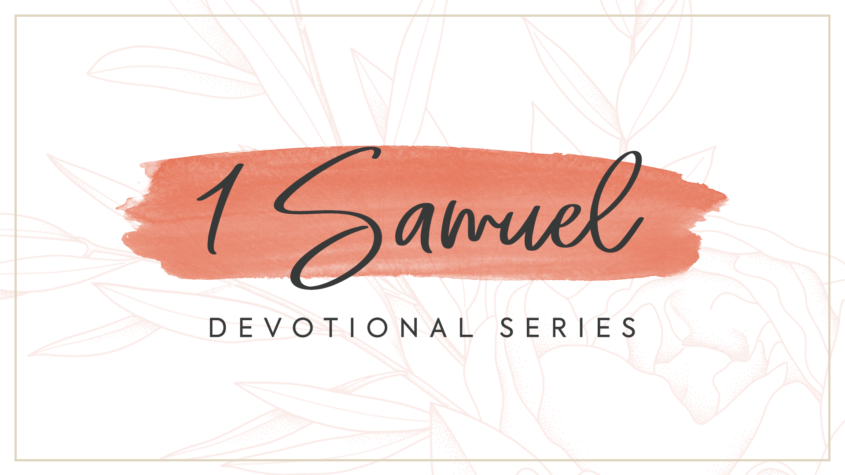We pick up in verse 20 that starts, “And in due time”. Those words make me cringe because my timeline for life conjured up feels more rushed than the timing of God in what He finds best. Were the years of Hannah weeping and shamefully trudging to Shiloh actually a kindness or patience of God? At the beginning of 1 Samuel when we are introduced to Hannah, she is determined that bearing children is exactly what she needs to satisfy her soul. God saw Hannah. I believe God loved Hannah too much to provide children right away to the point Elkanah married Peninnah probably for the purpose to bear children. God wanted Hannah to come to a place of surrender where she adored and stood in awe of God instead of worshipping her “someday” children.
It was too soon for Hannah to bask in the fruitfulness of her children. First, she had to journey with God, back and forth. The more time Hannah spends with God, she persistently lays her desires before Him. And when I mean “lay”, Hannah pours out every single tear physically possible. Holds nothing back. This is not light-hearted work. What Hannah desired did not change. However, the way Hannah viewed her desires in relation to God changed. What happened to Hannah between 1 Samuel 1:6 to 1 Samuel 1:20? She spent time with God. She cried out to God. Therefore, she grew closer to God.
Q: What desire do you commit to lay before God persistently for the next week, month, or year?
In the next section before Hannah’s prayer, verses 21-28, Hannah offers her son Samuel to Eli the priest at Shiloh unto God. This is not the same Hannah from chapter 1. You see Hannah transformed. I imagine Hannah looks different on the outside because of the transformation inside. Wisdom defined by the lines around her eyes. A softer countenance exudes her gratitude and humility.
The day quickly comes for Hannah and Elkanah’s firstborn Samuel to be dedicated to the Lord at the temple of Shiloh. With praise and hopeful declaration, Hannah gives over baby Samuel to God saying, “he is lent to the Lord.” I am amazed by Hannah’s courage. Would I be that courageous? Think about the long years of prayers for a son, years of weeping her barren womb, and then the celebration of Samuel kicking inside her womb or cooing against her chest. Did the years of sorrow Hannah experience draw her closer to God as His way to prepare her to let go of Samuel?
The blessing of Samuel from God is a marker in Hannah’s life. We see years before she held Samuel, Hannah held tightly to an identity defined by culture. An identity that is ever-changing. After holding Samuel in her arms, Hannah holds onto her identity defined by God. An identity that is rooted, secure, and eternal. This is why Hannah can give back to God, with thanksgiving, the gift she valued the most.
Hannah testifies who God is in her prayer of thanksgiving (2:1-10). From experience Hannah knows God: 1. Guards and protects His people, 2. Destroys the enemy, 3. Judges the earth, and 4. Exalts His people. We see Hannah’s identity no longer in bearing children but grows deeper into the Giver of life that satisfies her every desire. This God who knew Hannah from the beginning walked patiently with her. Verse 2 in her prayer is what stole my attention to pray back to God in my own life. Hannah magnifies God above all others as: “none holier, no one stands next to Him, and none are stronger or steadier than He is.” THAT is hope.
Q: Where are you in Hannah’s story? When is the last time you cried out to God your most vulnerable desires? Is your identity in the God who stands above all others?
